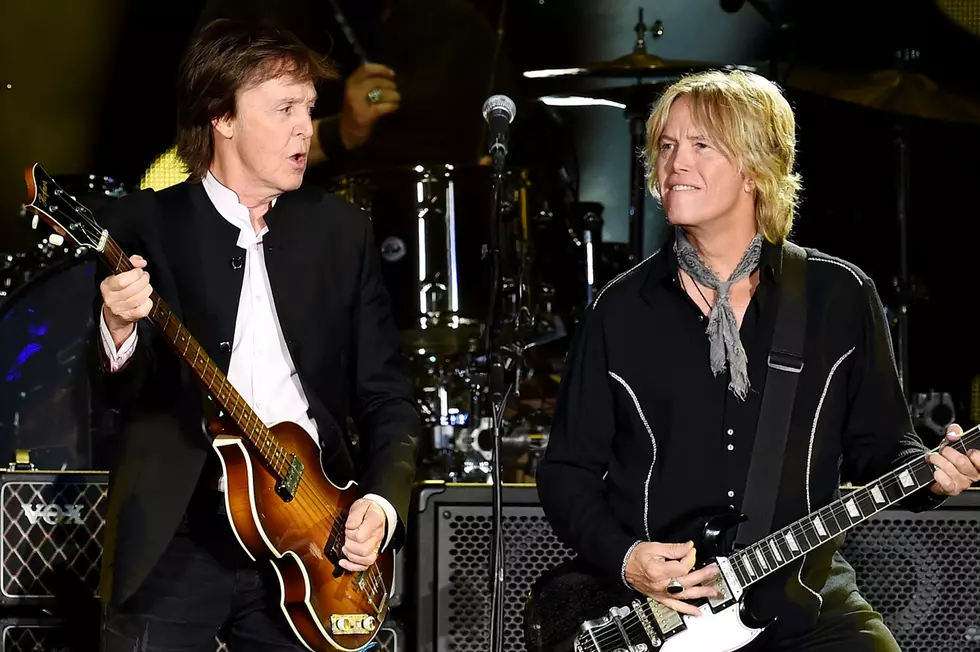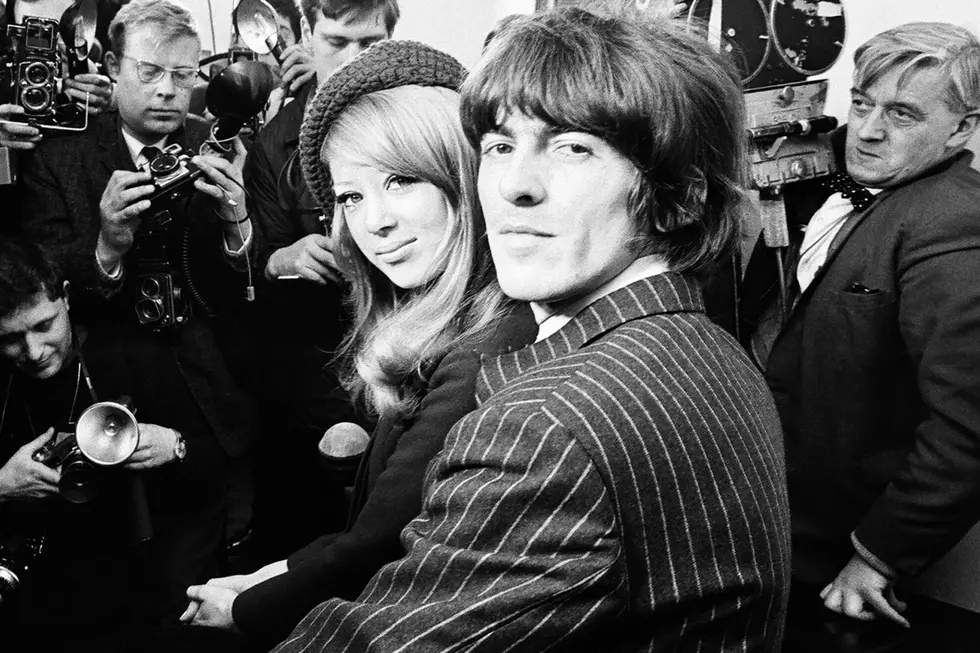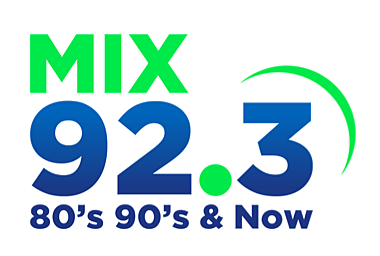
Behka’s Breakfast with The Beatles Recap: Week of December 22
Every day I play a Beatles song at the start of the morning show. I do it just because they're my favorite band, and I like to start the day off right!I've started to go through their singles and albums in chronological order. Right now, we're in their second album, With The Beatles.
On Monday, I played "Til There Was You".
The song was the only Broadway tune that English rock group the Beatles ever recorded, from The Music Man. Paul McCartney was introduced to Peggy Lee's music by his older cousin, Bett Robbins, who would occasionally baby-sit the two McCartney brothers. "Till There Was You" was part of the Beatles' repertoire in 1962 and performed at the Star Club in Hamburg. It became illustrative of the Beatles' versatility, proving they could appeal to all sections of an audience, moving easily from softer ballads to harder rock and roll.
On Tuesday, I played "Please Mr Postman".
"Please Mr. Postman" is the debut single by the Marvelettes for the Tamla (Motown) label, notable as the first Motown song to reach the number-one position on the Billboard Hot 100 pop singles chart. The single achieved this position in late 1961; it hit number one on the R&B chart as well.The Beatles included "Please Mister Postman" as part of their live act in 1962, performing it regularly at the Cavern Club. By the time it was recorded for their second album, With The Beatles, it had been dropped from their set, and required some work in the studio to bring it up to an acceptable standard.
On Wednesday, I played "Roll Over Beethoven".
"Roll Over Beethoven" is a 1956 hit single by Chuck Berry originally released on Chess Records. The lyrics of the song mention rock and roll and the desire for rhythm and blues to replace classical music. There is a popular saying that a deceased person would "roll over in their grave" if they heard something that would have deeply disturbed them when they were alive. The title line of the song is a reference to how Beethoven would do just that in reaction to the advent of the new musical genre that Chuck Berry was leading. "Roll Over Beethoven" was a favorite of John Lennon, Paul McCartney and George Harrison even before they had chosen "the Beatles" as their name, and they continued to play it live right into their American tours of 1964. Their version of "Roll Over Beethoven" was recorded on July 30, 1963 and features Harrison on vocals and guitar.
On Thursday, I played "Hold Me Tight".
"Hold Me Tight" was composed principally by Paul McCartney in 1961, and was part of the Beatles' stage act until 1963. They attempted to record it for their début Please Please Me but the 13 takes recorded were deemed unsatisfactory, and the tape was destroyed. Seven months later, they recorded a further nine takes, and the final version is an edit of the sixth and ninth takes from the second attempt.
On Friday, I played "You've Really Got a Hold On Me".
"You've Really Got a Hold on Me" was written by Smokey Robinson while in New York in 1962 on business for Motown; he heard Sam Cooke's "Bring It On Home to Me", which was in the charts at the time, and - influenced by it - wrote the song in his hotel room. The song was released on the Tamla label on November 9, 1962 as the B side to "Happy Landing". "Happy Landing" charted regionally; however, the nation's Dee-Jays flipped the record over, because they liked "Hold On Me" better. With "You've Really Got a Hold on Me" as the A side, the single reached the Top 10 on the Billboard Hot 100 Pop chart, peaking at number eight, and was a number-one smash on the Billboard R&B singles chart during the winter of 1962-63. It was also the group's second single to sell over a million copies, after "Shop Around". It would be included on the album The Fabulous Miracles over three months after its release. The Beatles acquired an imported copy by the Miracles and included it in their repertoire early in 1963. In a 1968 interview, Smokey Robinson reported that he liked their cover. The Beatles recorded the song on July 18, 1963. This session took place while Please Please Me was still at number one in the album charts four months after its release, and in the midst of a rigorous touring schedule that also had to include BBC sessions for radio and television. It was completed in seven takes, four of which were complete. The group then recorded four edit pieces. The final version was an edit of takes 7, 10 and 11.
Join me next week and we'll pick up where we left off on With The Beatles.
Holdingly yours,
Behka
More From Mix 92.3









